14. One More Time with Feeling
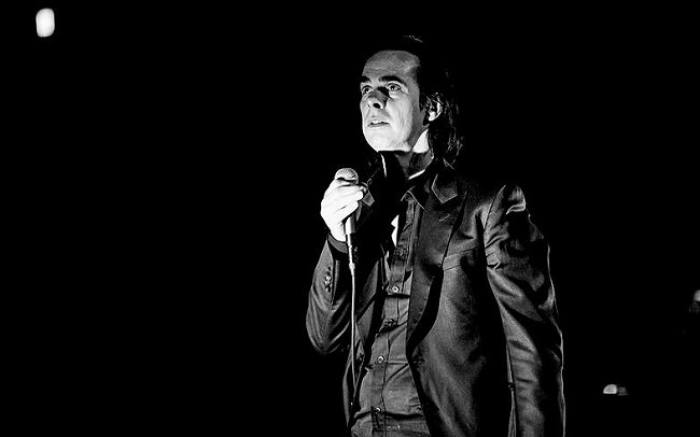
This genteel heartbreaker of a music documentary from Andrew Dominik (The Assassination of Jesse James by the Coward Robert Ford) follows iconic Australian musician Nick Cave as he puts the finishing touches on his album “Skeleton Tree” in London, in the wake of the traumatic accidental death of his 15-year-old son, Arthur.
Captured using 3D technology in distinctive black-and-white, combining requisite vérité formalism with other more avant-garde visual flourishes, Dominik wisely deploys two brilliant cinematographers in Benoît Debie (Spring Breakers) and Alwin H. Küchler (Morvern Callar) in a confessional and cathartic film of breathtaking beauty, heart-stirring contemplation, and soaring observation.
The marrying of bereavement and creative imagining is a moving testament to tragedy, acquiescence, healing and humanity. Not to be missed.
13. The Fits

Formative, atmospheric and utterly mesmerizing, The Fits marks the astonishing debut of writer-director Anna Rose Holmer. What at first appears to be a very uncomplicated story about an 11-year-old tomboy named Toni (Royalty Hightower), who’s trying to fit in with her competitive peers after joining an all-girl dance team when a pandemic of strange and unheard-of spasms––causing “the fits” of the title––befall the dancers. What ensues is a riveting and inimitable experience and one of the most breathtakingly energetic visions of magical realism you’re likely to see.
Part rite-of-passage and poetically hypnagogic urban chronicle, The Fits also indulges in some stirring and impressively muscular long shots clearly announcing the arrival of a unique new director.
Plaudits must also go to the brilliant lensing of DP Paul Yee and the elegant editing of Saela Davis––particularly luminous in the capturing of the numerous and lustrous choreographed dance sequences and the astonishing, heart-stopping climax. This is introspective, absorbing, and joyful filmmaking at its finest. The Fits is a rich reserve of grace and virtuosity.
12. The Witch
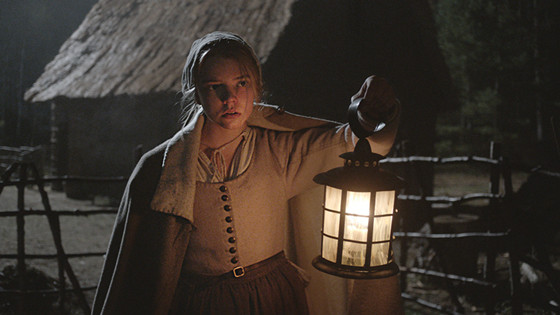
Jarin Blaschke’s sublime photography helps elevate writer-director Robert Eggers’ feature-length debut The Witch into the upper echelon of recent horror cinema. Not since Michael Reeves 1968 historical horror Witchfinder General has the bucolic countryside held such lurking evils.
Set in the superstitious and puritanical New England of the 17th century, The Witch attains much of it’s mercurial magic via candle-lit interiors, awful overcast skies, and teasing close-ups that would make Bergman give ovation.
If this pitch-dark bone-chiller clearly indicates, we can expect great things from both Blaschke and Eggers, though most likely at the cost of ever having a peaceful night’s rest after clearly capturing such prodigal nightmarish perceptions.
11. The Eyes of My Mother
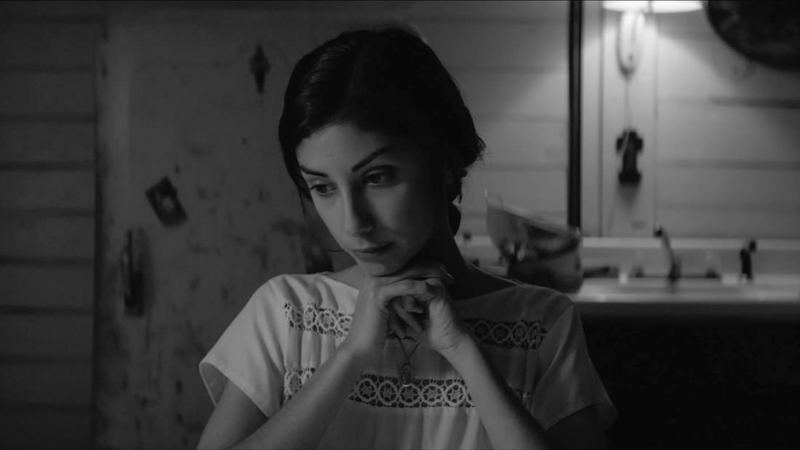
Distressing and upsetting from the first few minutes, The Eyes of My Mother is a formidable black-and-white horror film from director Nicolas Pesce (in his debut) and DP Zach Kuperstein. Pesce, who also wrote and edited the film, pairs well with Kuperstein, sustaining a precise and extremely well-defined narrative clarity throughout, even as they strive for and achieve a nightmare logic akin to David Lynch.
The gorgeous monochrome lensing adds to the otherworldly effect in a film that is sure to polarize audiences due to the disturbing and frequently graphic horrors on bold display. The protagonist of the film, Francisca (Kika Magalhaes), has a lot of charisma on camera, even as her disturbing and murderous behaviour unfolds in the most unsettling of ways.
Human disconnect and American Gothic configurations are wonderfully and wickedly realized in this unforgettable film. Horror fans will rejoice but non-genre fans may well recoil at all the indignities so beautifully displayed herein.
10. Knight of Cups
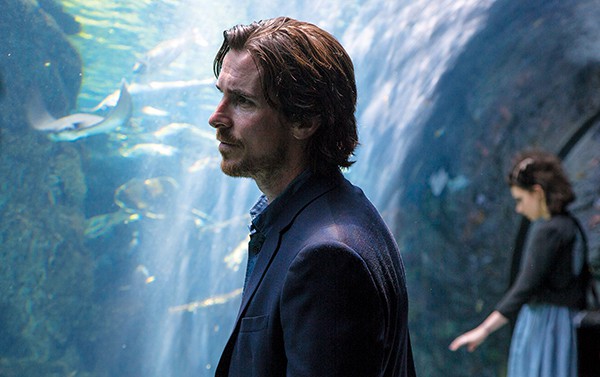
The clandestine re-teaming of writer-director Terrence Malick and cinematographer Emmanuel Lubezki on this, their fourth collaboration, is an experimental narrative depicting a Los Angeles of neon-saturated stripper bars, simple swimming pools, sunken bedrooms, expensive cars, and moribund mansions.
Using the colorful and fatalistic emblems of the tarot deck––the title “Knight of Cups” refers to a specific card that relates to ennui and opportunities––as well as the 1678 Christian allegory text “The Pilgrim’s Progress”, Malick’s film is an open and ambiguous illumination of overcooked hedonistic lifestyle glimpsed through shrewd fisheye lenses and ingenious use of natural light.
This mix of sensual elegance, Dantesque melodrama, and philosophical cinematic won’t work for everyone, but great and lasting art seldom does. Knight of Cups is a challenging and poignant abstraction that will no doubt endure forever as a major work from one of America’s most idiosyncratic auteurs.
9. Silence
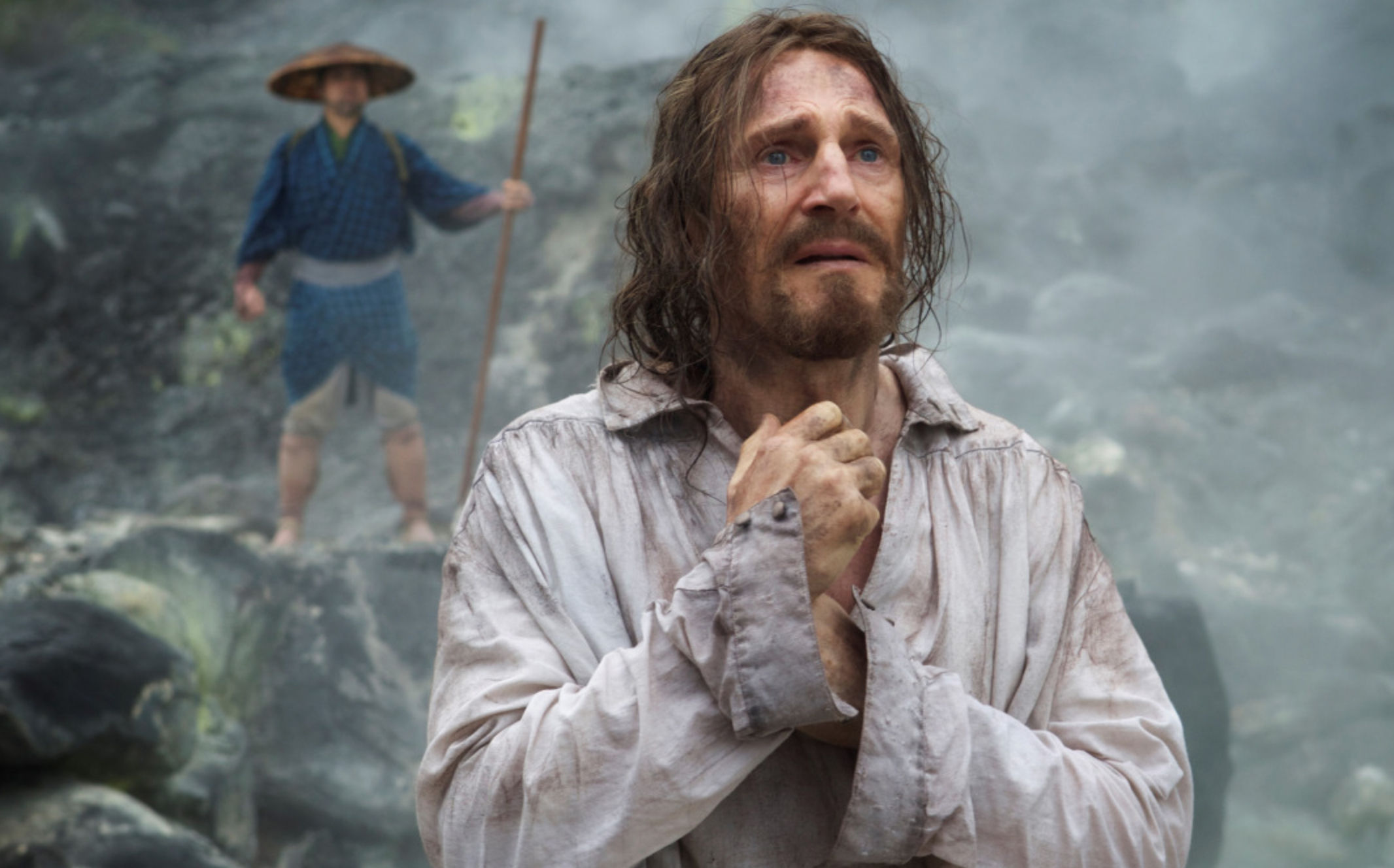
An upsetting and immersive viewing experience, Martin Scorsese’s 25-years-in-the-making “passion project” is a religious historical drama in the same vein as Carl Theodor Dreyer’s The Passion of Joan of Arc (1928), Robert Bresson’s Diary of a Country Priest (1951), and Pier Paolo Pasolini’s The Gospel According to St. Matthew (1964).
Set in 17th century Japan, this harrowing, shocking, and emotionally resonant look at spirituality, human nature, and faith is a tour de force of, amongst other striking techniques; bold cinematic portraiture, shining godlike POV vistas, subjective camera embellishments and several examples of Yasujiro Ozu’s signature “tatami shot” (wherein the camera is placed at a low height, at the eye level of a person kneeling in prayer).
For Scorsese’s brilliant editor Thelma Schoonmaker, this is some of her finest work, and Silence also reunites Marty with his Wolf of Wall Street DP, Rodrigo Prieto (21 Grams, Babel), who may finally get an Oscar for this stunning achievement.
Silence is a visceral experience of sensations, traumatism, and anguish that ranks amongst Scorsese’s finest and most disquieting works.
8. Sunset Song
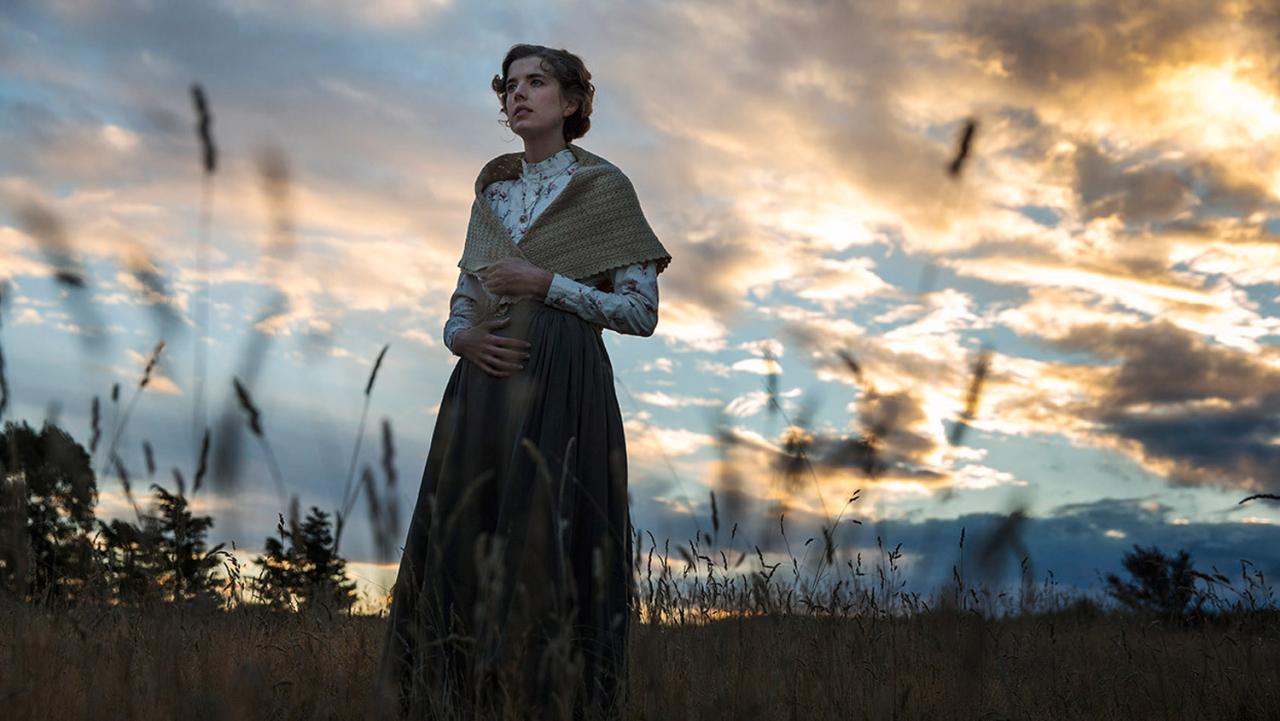
This lyrical and luminous period piece from Terence Davies made quite a stir on the festival circuit in 2015, and didn’t get a wide release in North America until 2016, tells the tale of Aberdeenshire farm girl Chris Guthrie (Agyness Deyn) in the days before the Great War. Rhythmic, flowing, and utterly transfixing, this coming-of-age pageant of magic hour tableaus is a ravishing procession of moving paintings courtesy of cinematographer Michael McDonough (Winter’s Bone).
The highlands of Scotland take on mythic qualities, and Deyn’s many delicate close-ups dazzle in this stimulating and grandiose tale of sensitivity and longing. Sunset Song is a melody you’ll wish would last forever.